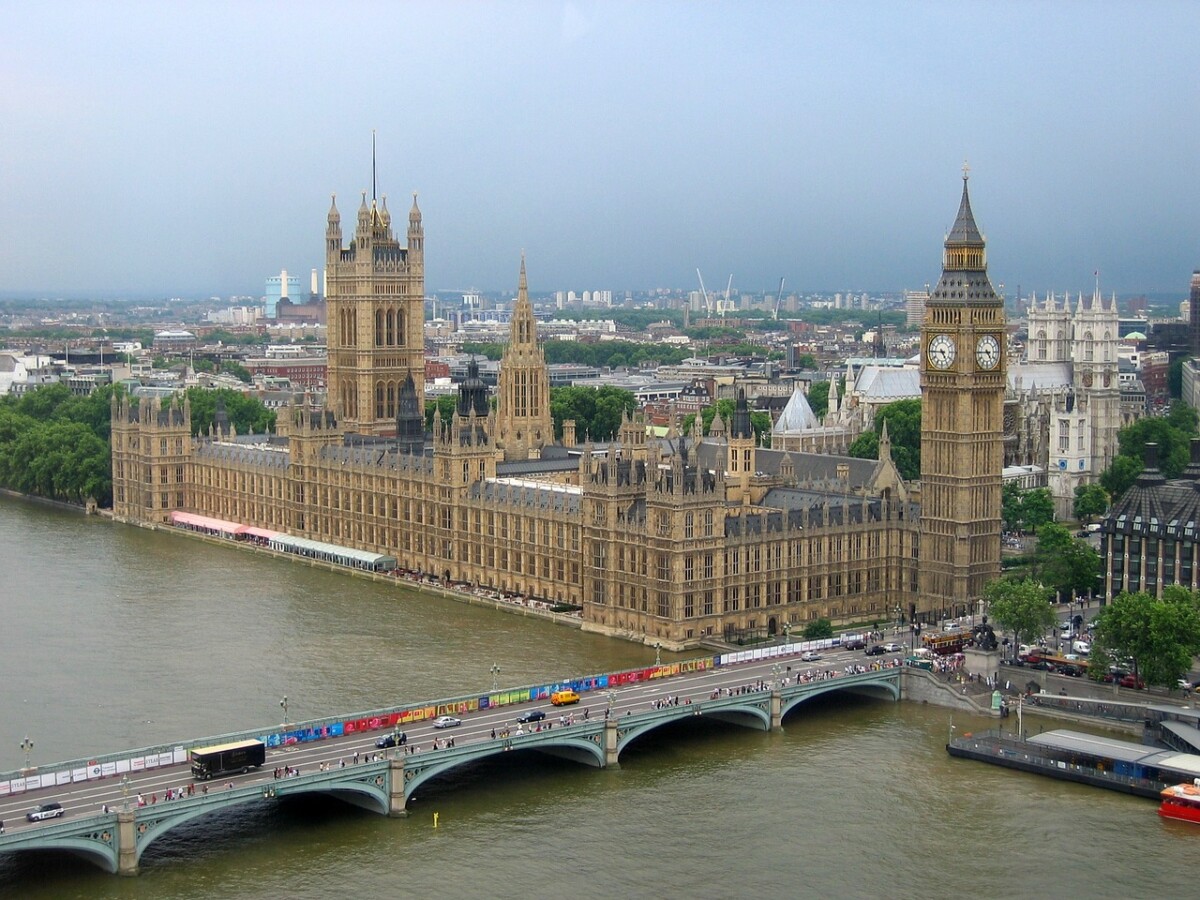More detail has emerged about the government’s proposed overhaul of council planning committees.
Planning applications would bypass elected councillors by default, with only larger schemes able to be called in to committee if planning officers agree.
Effectively it means that elected members (councillors) would be unable to influence decisions about householder applications, minor commercial projects and small developments – helping to speed up the planning process and housebuilding.
Applications from individual homeowners would be protected from being called in to planning committees. The proposed reforms also mean that councillors would be unable to veto developments of up to nine homes.
Instead, decisions would rest with professional planning officers at councils.
The decision to call in an application to planning committee for ‘democratic scrutiny’ and decision would fall to the elected chair of a planning committee and a council’s chief planning officer. This would include the largest and most contentious schemes.
When committees sit, the government has proposed that they comprise a maximum of 11 members although it is keen to emphasise that this need not become the requirement.
Housing style and layout in larger schemes will no longer need to be decided by councillors once they have been given initial permission.
Section 106 agreements would follow the path of their associated planning applications.
The government is also inviting views on whether special control applications – such as tree preservation orders, listed building consent, advertisement control – should automatically fall to planning officers.
These long-awaited and significant reforms would help to remove much of the politics and so-called ‘nimbyism’ from the system while preventing local groups overly influencing elected members.
They have the potential to help make the planning system more efficient and fairer although their success could depend on individual chief planning officers and circumstances within each individual council and the area it covers.
Ultimately, they could speed up development of much-needed homes, support community cohesion and benefit local economies.
The consultation is due to end on July 22. More details are here (https://www.gov.uk/government/consultations/reform-of-planning-committees-technical-consultation/reform-of-planning-committees-technical-consultation) or please don’t hesitate to contact us to find out more about how this could affect your plans or project.







